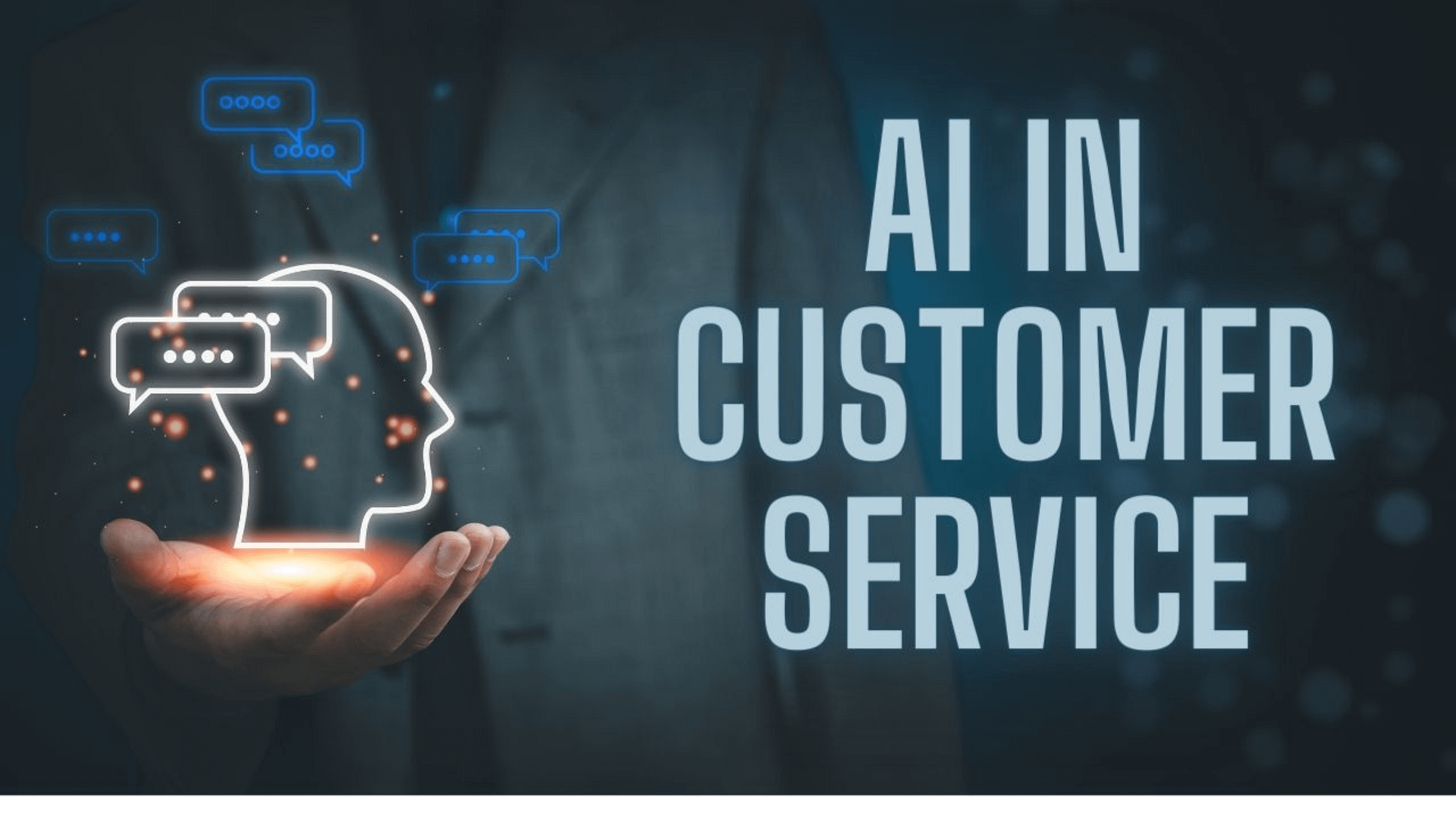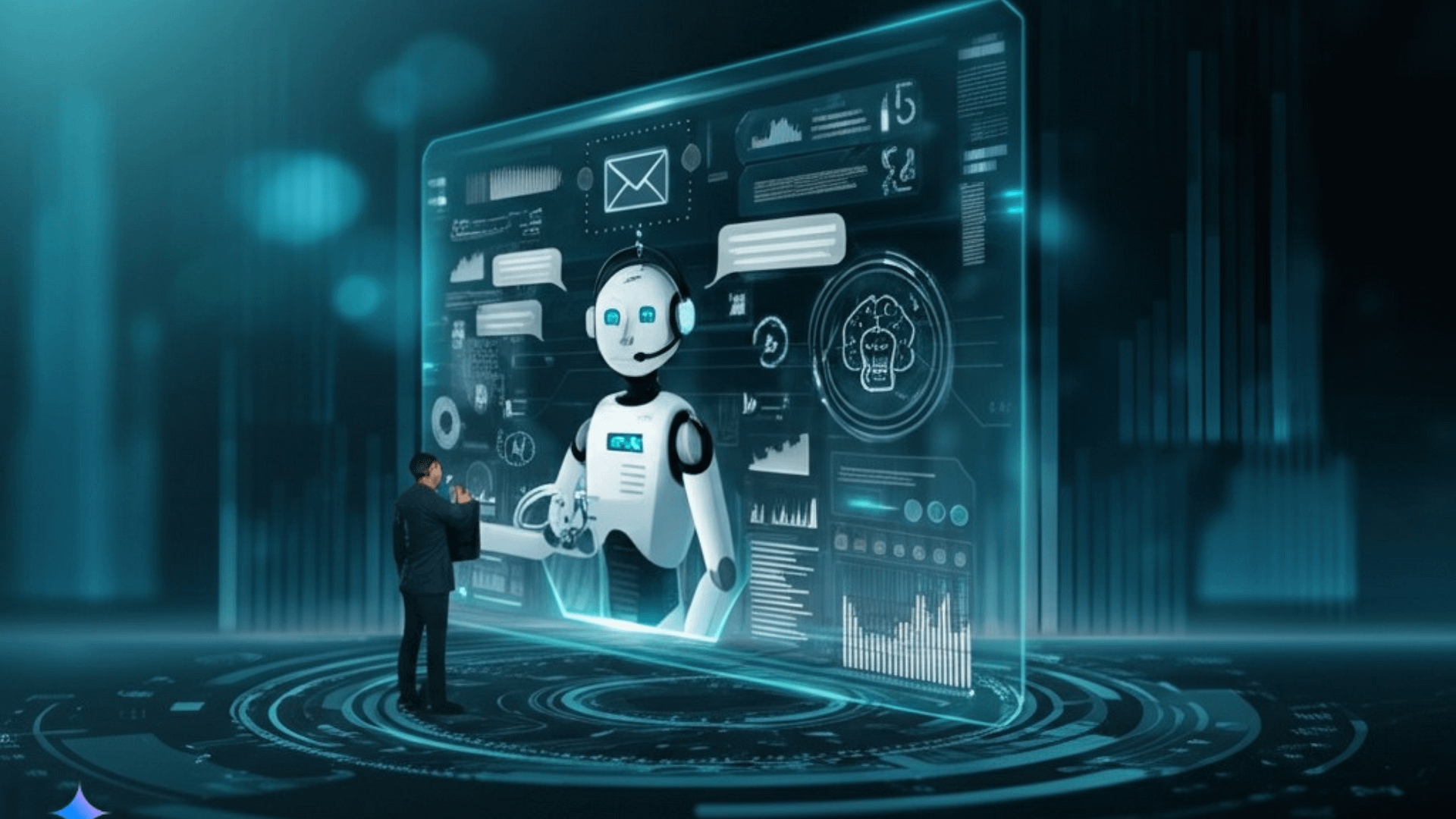In today’s competitive business landscape, small businesses face the challenge of delivering exceptional customer service while managing limited resources. Artificial intelligence (AI) has emerged as a powerful solution, enabling even the smallest companies to provide responsive, personalized support around the clock. This blog post explores practical applications of AI in customer service automation, backed by real-world case studies and data.
Table of Contents
- The Customer Service Challenge for Small Businesses
- How AI Is Transforming Small Business Customer Service
- Implementation Strategies That Work
- Measuring ROI from AI Customer Service
- Implementation Costs and Considerations
- The Future of AI Customer Service for Small Businesses
- Conclusion
1. The Customer Service Challenge for Small Businesses
Small businesses often struggle with customer service demands. According to a 2023 survey by Harvard Business Review, 68% of small business owners report that managing customer inquiries takes up more than 20 hours of their week. Meanwhile, customer expectations continue to rise—Salesforce research indicates that 76% of customers expect companies to understand their needs and expectations, regardless of company size.
This gap between expectations and resources creates an opportunity for AI solutions that can scale service capabilities without requiring significant staff increases.
2. How AI Is Transforming Small Business Customer Service
1. Intelligent Chatbots and Virtual Assistants
Modern AI chatbots have evolved far beyond simple rule-based systems. Using natural language processing (NLP), today’s chatbots can understand context, remember conversation history, and provide remarkably human-like interactions.
Case Study: Bella’s Boutique
This women’s clothing retailer with three physical locations implemented an AI chatbot on their website and social media channels. Within three months, the bot was handling 78% of customer inquiries without human intervention, primarily addressing questions about store hours, product availability, and return policies. Owner Isabella Martinez reports saving approximately 30 hours per week in staff time while extending customer service availability to 24/7.
“Our customers often shop online after our physical stores close,” says Martinez. “The chatbot allows us to provide immediate assistance regardless of the time, which has led to a 22% increase in after-hours conversions.”
2. Automated Email Response Systems
AI-powered email systems can categorize, prioritize, and even respond to customer emails automatically, ensuring timely responses while reducing manual effort.
Case Study: Precision Plumbing Services
This family-owned plumbing business implemented an AI email management system to handle their growing volume of quote requests and service inquiries. The system automatically categorizes incoming emails by urgency and type, drafts appropriate responses for approval, and follows up with customers after service completion.
Owner Michael Chen notes, “Before implementing the AI system, we were taking an average of 8 hours to respond to non-emergency requests. Now our response time averages 11 minutes, and our customer satisfaction scores have increased by 34%.”
3. Customer Insight Generation
AI tools can analyze customer interactions across channels to identify patterns, preferences, and potential issues before they escalate.
Case Study: Harvest Café
This small chain of farm-to-table restaurants uses AI to analyze customer feedback from review sites, social media, and comment cards. The system identified a pattern of complaints about wait times during Sunday brunch that hadn’t been apparent to management.
“The AI spotted a trend we missed completely,” says owner Rachel Johnson. “We adjusted our staffing and streamlined our menu for Sundays, which resolved the issue. Our Sunday revenue has increased by 28% since making these changes, and negative comments about wait times have decreased by 71%.”
3. Implementation Strategies That Work
Successful AI integration requires thoughtful planning. Based on the experiences of small businesses that have successfully adopted AI customer service tools, consider these implementation strategies:
Start Small and Expand
Begin with one well-defined use case rather than attempting a complete overhaul of your customer service operations. For example, Greener Lawn Landscaping started with an appointment-scheduling chatbot before expanding to a more comprehensive customer service solution.
Focus on High-Volume, Routine Inquiries
Identify the repetitive questions that consume staff time. According to research from MIT Technology Review, 67% of customer service interactions involve routine questions that can be easily automated.
Maintain the Human Touch
The most successful implementations use AI to handle routine matters while freeing human agents to manage complex issues. BookNook, an independent bookstore, uses AI to handle order status inquiries and book recommendations but routes questions about community events and special orders to staff members.
4. Measuring ROI from AI Customer Service
Small businesses implementing AI customer service solutions report several measurable benefits:
- Time Savings: Businesses report staff time savings of 15-30 hours per week, allowing reallocation to higher-value activities.
- Extended Service Hours: 24/7 availability without staffing costs, with after-hours interactions accounting for 22-35% of total customer engagements.
- Improved Response Times: Average response times decrease from hours to minutes, with some businesses reporting 95% reductions.
- Increased Conversion Rates: Businesses report 15-28% increases in conversion rates due to immediate response to customer inquiries.
- Higher Customer Satisfaction: NPS (Net Promoter Score) improvements of 15-40 points after AI implementation.
5. Implementation Costs and Considerations
While enterprise-level AI solutions can be expensive, numerous affordable options exist specifically for small businesses. According to a 2023 report by Capterra, small businesses spend an average of $1,500-$4,000 annually on AI customer service tools, with ROI typically realized within 4-6 months.
Key considerations when selecting a solution include:
- Integration capabilities with existing systems
- Customization options to match your brand voice
- Analytics and reporting features
- Scalability as your business grows
- Data privacy and security features
6. The Future of AI Customer Service for Small Businesses
As AI technology continues to advance, small businesses can expect even more sophisticated capabilities at increasingly affordable price points. Emerging trends include:
- Emotion detection AI that can recognize customer frustration and adjust responses accordingly
- Voice-based AI assistants for phone support
- Predictive service that addresses potential issues before customers even report them
- Enhanced personalization through deeper customer data analysis
7. Conclusion
For small businesses facing resource constraints but needing to meet growing customer expectations, AI offers a compelling solution. The real-world examples highlighted in this article demonstrate that AI customer service automation is not just for large corporations with extensive budgets—it’s an accessible, practical tool that can deliver significant ROI for businesses of any size.
By starting with targeted applications that address specific pain points, small businesses can leverage AI to provide responsive, consistent customer service while freeing their teams to focus on activities that require a human touch. As these technologies become more sophisticated and accessible, the small businesses that embrace them will gain a significant competitive advantage in customer experience—often the key differentiator in crowded markets.



